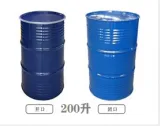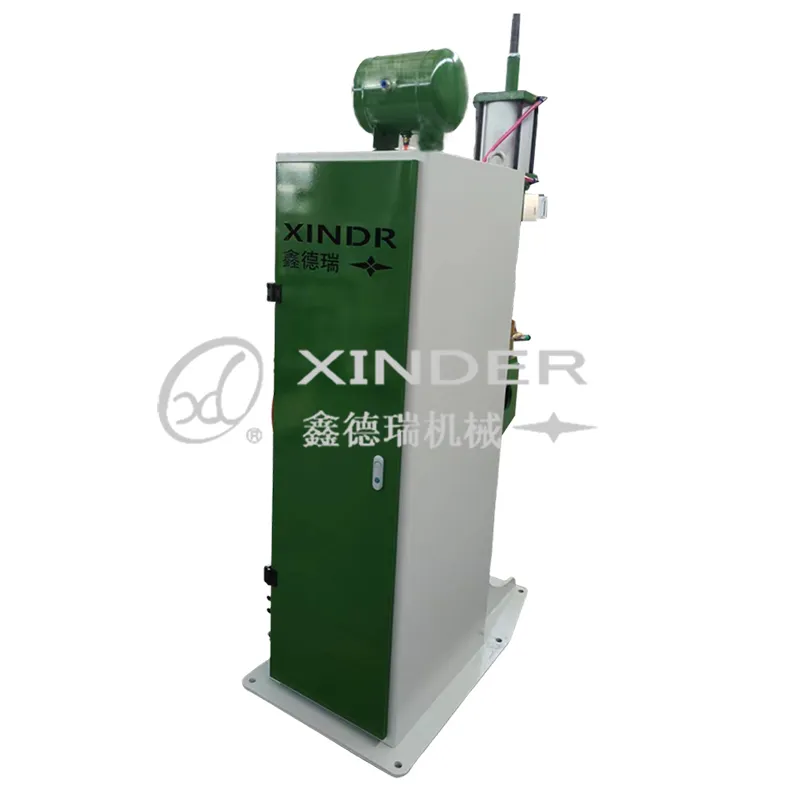-
 8613931787312
8613931787312 -
 Botou Industrial Zone on the east side of National Highway 104, Botou City, Hebei Province
Botou Industrial Zone on the east side of National Highway 104, Botou City, Hebei Province
- Afrikaans
- Albanian
- Amharic
- Arabic
- Armenian
- Azerbaijani
- Basque
- Belarusian
- Bengali
- Bosnian
- Bulgarian
- Catalan
- Cebuano
- Corsican
- Croatian
- Czech
- Danish
- Dutch
- English
- Esperanto
- Estonian
- Finnish
- French
- Frisian
- Galician
- Georgian
- German
- Greek
- Gujarati
- haitian_creole
- hausa
- hawaiian
- Hebrew
- Hindi
- Miao
- Hungarian
- Icelandic
- igbo
- Indonesian
- irish
- Italian
- Japanese
- Javanese
- Kannada
- kazakh
- Khmer
- Rwandese
- Korean
- Kurdish
- Kyrgyz
- Lao
- Latin
- Latvian
- Lithuanian
- Luxembourgish
- Macedonian
- Malgashi
- Malay
- Malayalam
- Maltese
- Maori
- Marathi
- Mongolian
- Myanmar
- Nepali
- Norwegian
- Norwegian
- Occitan
- Pashto
- Persian
- Polish
- Portuguese
- Punjabi
- Romanian
- Russian
- Samoan
- scottish-gaelic
- Serbian
- Sesotho
- Shona
- Sindhi
- Sinhala
- Slovak
- Slovenian
- Somali
- Spanish
- Sundanese
- Swahili
- Swedish
- Tagalog
- Tajik
- Tamil
- Tatar
- Telugu
- Thai
- Turkish
- Turkmen
- Ukrainian
- Urdu
- Uighur
- Uzbek
- Vietnamese
- Welsh
- Bantu
- Yiddish
- Yoruba
- Zulu
Jan . 14, 2025 09:42
Back to list
hydraulic pipe bender
Choosing the Right Hydraulic Pipe Bender for Your Needs
Durability and build quality are also vital. A high-quality hydraulic pipe bender should be constructed from robust materials to withstand frequent use and the pressures exerted during bending. This not only extends the lifespan of the machine but also ensures reliable performance over time. Additionally, opting for machinery from reputable manufacturers who offer warranties and customer support can prevent costly downtime and maintenance issues. Safety features should not be overlooked. Emergency stops, secure clamping systems, and safety guards ensure both operator safety and the quality of the workpiece. Safety should always be a non-negotiable factor, as accidents in industrial settings can have severe consequences. Purchasing a hydraulic pipe bender is a significant investment, one that requires careful deliberation and expert advice. Consulting with professionals who have extensive experience in your industry can provide insights into the benders that perform best under specific conditions, ensuring you make a choice that's aligned with your operational goals. Moreover, hands-on demonstrations or trials can be invaluable. Many suppliers are willing to conduct on-site demonstrations to showcase how their equipment handles under real-world conditions. This can provide clarity on the machinery's capabilities and user-friendliness, further informing your purchasing decision. In conclusion, a hydraulic pipe bender is more than just an addition to your toolkit — it's a pivotal component that enhances your operational capabilities. By focusing on the specific needs of your projects and understanding the various features and capacities of different models, businesses can make informed decisions. Prioritizing quality, functionality, and safety ensures a bender that not only meets your current needs but also stands the test of time, providing a significant return on investment.


Durability and build quality are also vital. A high-quality hydraulic pipe bender should be constructed from robust materials to withstand frequent use and the pressures exerted during bending. This not only extends the lifespan of the machine but also ensures reliable performance over time. Additionally, opting for machinery from reputable manufacturers who offer warranties and customer support can prevent costly downtime and maintenance issues. Safety features should not be overlooked. Emergency stops, secure clamping systems, and safety guards ensure both operator safety and the quality of the workpiece. Safety should always be a non-negotiable factor, as accidents in industrial settings can have severe consequences. Purchasing a hydraulic pipe bender is a significant investment, one that requires careful deliberation and expert advice. Consulting with professionals who have extensive experience in your industry can provide insights into the benders that perform best under specific conditions, ensuring you make a choice that's aligned with your operational goals. Moreover, hands-on demonstrations or trials can be invaluable. Many suppliers are willing to conduct on-site demonstrations to showcase how their equipment handles under real-world conditions. This can provide clarity on the machinery's capabilities and user-friendliness, further informing your purchasing decision. In conclusion, a hydraulic pipe bender is more than just an addition to your toolkit — it's a pivotal component that enhances your operational capabilities. By focusing on the specific needs of your projects and understanding the various features and capacities of different models, businesses can make informed decisions. Prioritizing quality, functionality, and safety ensures a bender that not only meets your current needs but also stands the test of time, providing a significant return on investment.
Prev:
Next:
Latest News
-
The Rise of Laser Welding: Precision Meets Power in Modern MetalworkNewsAug.06,2025
-
Streamlining Industrial Packaging: The Power of Barrel Production LinesNewsAug.06,2025
-
Revolutionizing Metal Joining: The Power of Automatic Seam Welding MachinesNewsAug.06,2025
-
Powering Industrial Innovation: The Role of Pipe and Tube Machinery in Modern ManufacturingNewsAug.06,2025
-
Exploring the World of Resistance Welding: Equipment, Manufacturers, and Pricing InsightsNewsAug.06,2025
-
Advancing Container Manufacturing: The Role of the Modern Can Welding MachineNewsAug.06,2025
-
Understanding Automatic Seam Welding Machines: A Game Changer in Welding TechnologyNewsJul.18,2025
related products
-
 Pneumatic Handle Welding MachineSep . 13, 2024
Pneumatic Handle Welding MachineSep . 13, 2024 -
 Fully Automatic Kaiping Production LineOct . 17, 2024
Fully Automatic Kaiping Production LineOct . 17, 2024 -
 Fully Automatic Metal Bucket Lifting HeadphonesSep . 14, 2024
Fully Automatic Metal Bucket Lifting HeadphonesSep . 14, 2024

